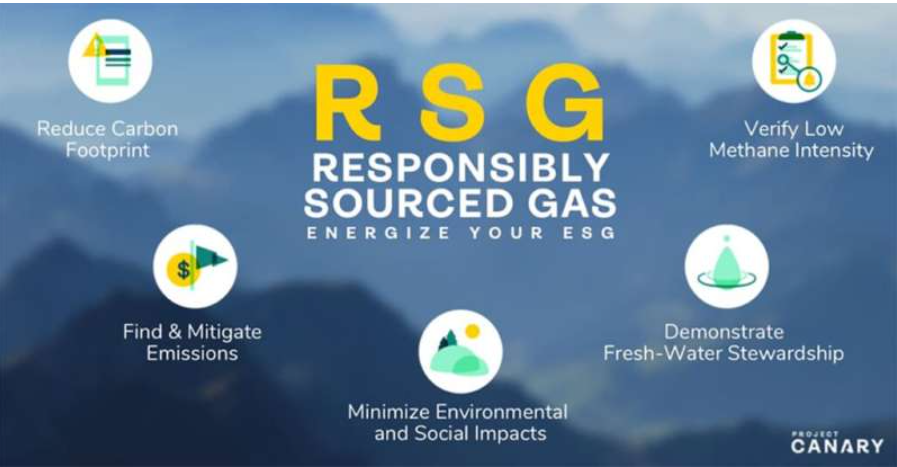Marie Donlon | July 13, 2022
Engineers from Colorado State University (CSU) and third-party assessor Project Canary are developing a technique for measuring freshwater use by natural gas operations, thereby helping them to evaluate operations on sustainability.
Because a number of natural gas suppliers are now willing to pay a premium for responsibly sourced gas (RSG) — natural gas produced along a specific set of sustainability criteria to reduce methane leakage and harm to the environment — CSU and Project Canary have developed what they are calling the first freshwater analysis for RSG certification, dubbed the Freshwater Replacement Ratio (FR2).
 Source: Project Canary
Source: Project Canary
CSU researchers and Project Canary intend for their new tool — which compares operational impacts on local water supplies and provides oil and gas companies data for improving operations or validating efforts toward sustainability — to incentivize water stewardship by defining oil and gas companies’ water management for the public, stakeholders and industry.
The FR2 reportedly offers an overview of how oil and gas operators manage water via an evaluation of all sustainable water use as measured against the amount of freshwater withdrawn.
Primarily, the metrics consider water scarcity, assigning scores according to operations based on a community-specific water stress index. Meanwhile, companies also receive credit for recycling water, for instance, using brackish water — water with more salinity than freshwater — or employing restoration projects for mitigating consumption.
The researchers suggest that the information collected concerning freshwater management enables the impact on water sustainability to be quantified.
“With the FR2 tool, we’re setting the industry standard for freshwater stewardship,” Josh Zier, head of certifications at Project Canary, explained. “This gives our customers, and all stakeholders, deeper insight into one of the most critical components of operational performance.”
The article, Technical Analysis of Freshwater Use as Part of a Responsibly Sourced Gas ESG Strategy, appears in the Journal of Water Resource and Protection.
